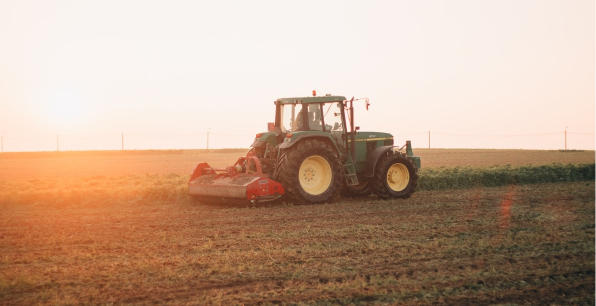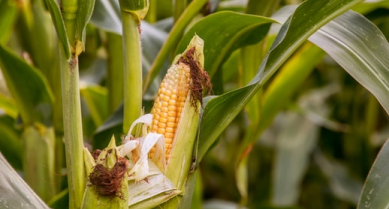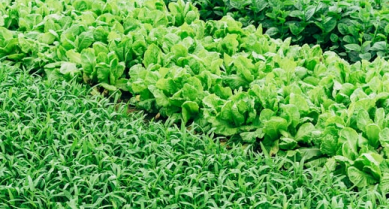Forecasting the Future: Why Guesswork Doesn’t Work in Modern Agriculture
For most of history, farmers have lived at the mercy of the weather, relying on experience, instinct, and a little luck to predict what the land might yield. And while those instincts still matter, agriculture today is facing challenges that demand more than guesswork.
The global food system is under pressure—from rising demand and climate disruption to changing consumer habits and tighter margins. Everyone in the food supply chain, from growers to grocers, needs better foresight. That’s where predictive analytics comes in.
The Cost of Uncertainty
Imagine running a business where you don't know how much product you’ll have to sell until a few weeks before it’s due. That’s the reality for many farmers and food buyers. A poor harvest can lead to shortages and price spikes; a bumper crop can lead to waste if markets aren't prepared.
And the effects ripple outward. Food processors can’t plan production. Supermarkets struggle with stock levels. And wasted food means wasted water, energy, and carbon—all at a time when sustainability is more important than ever.
Turning Data into Decisions
At Agrimetrics, we’re using data science and satellite technology to take the guesswork out of yield forecasting. As part of our work with the Department for Environment, Food and Rural Affairs (DEFRA), we’ve developed predictive models that estimate how much wheat and oilseed rape will be harvested in England—well before the combine harvesters roll out.
How does it work? In simple terms, we combine satellite images of fields—captured from space—with machine learning algorithms trained to recognise patterns. These models get more accurate as the season progresses, with forecasts in July coming within 9.5% of actual wheat yields.
That’s powerful. It means a grower can plan storage and labour with confidence. A buyer can lock in contracts earlier. A food producer can avoid last-minute supply shocks. And everyone along the chain can reduce waste and improve efficiency.
More Than Just Numbers
But this isn’t just about improving spreadsheets. Predictive yield data helps support bigger goals—like ensuring stable food prices, improving supply chain resilience, and making farming more sustainable.
If we know in advance that a region will have a below-average harvest, we can take steps to source from elsewhere, support the farmers affected, and avoid disruption. If we predict a surplus, we can plan for distribution or export, rather than let good food go to waste.
And when combined with other insights—like soil health or disease risk—predictive yield becomes part of a smarter, more responsive food system.
Looking Ahead
The future of farming and food isn’t just about what we grow. It’s about how we use information to make better decisions—from field to fork.
At Agrimetrics, we believe data should work for everyone. That’s why we’re building tools that help transform complex information into meaningful insight—accessible, reliable, and ready to help people take action.
Because when you can forecast the future, you can help shape it.
Other articles that might interest you

AI identifies crops from space with 90% accuracy
Agrimetrics launches CropLens AI, a proprietary algorithm that identifies crop types from space.

ClearSky: Cloud free satellite data for agriculture
ClearSky's artificial intelligence removes a major barrier to the efficacy of satellite

ClearSky: Cloud free satellite data for agriculture
ClearSky's artificial intelligence removes a major barrier to the efficacy of satellite

Agrimetrics partners with Airbus to reduce cost
Crop Analytics, a crop and field analytics package from Airbus, is now available at a new, lower price.



